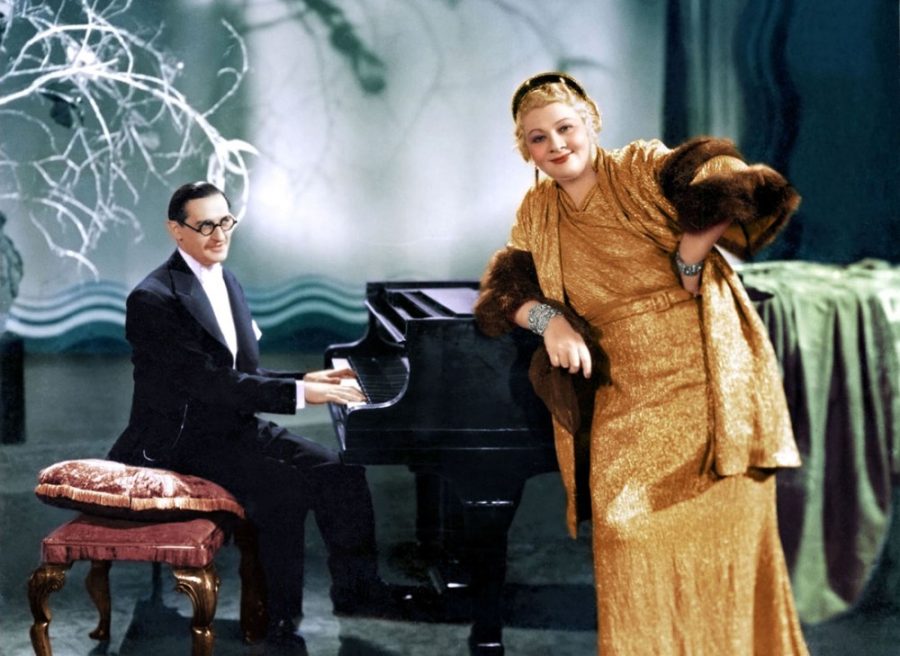The Tucson International Jewish Film Festival’s 24th annual season winds down this weekend at the Jewish Community Center after showcasing 19 films rich in diversity to create an environment of unity and Jewish culture.
Lynn Davis, director of arts and culture at the Jewish Community Center, anticipates 2,600 and 3,000 people in attendance at the 10-day long festival.
Opening night kicked off with American filmmaker Lacey Schwartz’s personal documentary, “Little White Lie,” revealing the shockwave of emotions and identity confusion unleashed after learning her tightknit Jewish family hid her mother’s affair with a black man, which resulted in Schwartz’s birth.
Schwartz’s film confronts the devastating consequences of family secrets and the lies perpetuated to protect others as she merges her two cultures.
The festival closes with films submitted from France, Israel and the United Kingdom.
France’s “The Jewish Cardinal,” directed by Ilan Duran Cohen, explores the true story of Cardinal Jean-Marie Lustiger. Jewish by birth, Lustiger converted to Catholicism and forever identified himself as Jewish.
Cohen’s film highlights Lustiger’s struggle as he is pushed to choose between his faith identity and cultural identity when nuns petition to build a convent on the property where his Jewish mother died, Auschwitz.
Israel’s film “Operation Sunflower,” by Avraham Kushnir, is the fictional account of Israeli and Parisian physicists creating an Israeli nuclear program in the 1950s and ’60s. Hesitancy among the physicists ensues as the morality of the program is questioned despite surrounding countries plotting attacks on Israel.
The festival closes with the premiere of the United Kingdom’s submission “The Best of Men,” by Tim Whitby.
German-Jewish refugee and neurologist Dr. Ludwig Guttman worked with paraplegics in 1944 England. Guttman revolutionized the three-year mortality rate among the paraplegic patients by using sports as a means of therapy.
Guttman’s competitive athletic therapy resulted in the creation of the Paralympics in 1960.
Over 120 films from around the world representing different cultures were submitted throughout the year for the chance to be featured at the Tucson International Jewish Film Festival.
“There is a great big world out there and this is a window into it,” Davis said.
The selected films feature a wide array of foreign languages, worldviews, lifestyles, genres and aesthetic style. A lesbian, gay, bisexual, transgender and questioning-supported film, a Palestinian narrative and films by first-time filmmakers were among those selected.
Davis has taken on the time-consuming task of viewing nearly all submitted films for the past four film festival seasons to determine which film will be viewed by the committee.
The 12-person committee consists of community residents and members at the Jewish Community Center. The committee members raise funds for the festival, debate the merits of each film with open minds and view 50 to 60 films per year.
Davis said the films were chosen because they featured great stories and were relatable and compassionate.
As the festival comes to a close, Davis’s job is never done. Film submissions for next year’s Tucson International Jewish Film Festival had already piled up before this year’s festival’s opening night.
The Tucson International Jewish Film Festival will show the closing film on Saturday.
_______________
Follow Anna Mae Ludlum on Twitter.









